Sudan
Violence in Sudan has driven over 80,000 people into South Sudan in less than three weeks, according to the UN Refugee Agency (UNHCR). Refugees and returnees, mainly women and children, are fleeing escalating fighting in Sudan's White Nile, Sennar, and Blue Nile states.
Nyarob, South Sudan returnee: “The situation was not safe at all. When the army entered, there were gunshots, and a lot of chaos occurred. I immediately took my children and walked to the Joda border with others because we needed a safe place for our children.”
At the Joda border and nearby villages, resources are overwhelmed. Makeshift shelters house the displaced, and malnutrition rates exceed emergency thresholds. Clean water and sanitation facilities are critically lacking, raising the risk of disease outbreaks.
Silva Alkebeh, Chief of Supply Logistics, UNHCR: “This place two weeks ago was almost empty. We built the reception center to accommodate a few hundred people. Currently, we have over 5,000 refugees and returnees staying at the border and many along the roadside. People are sharing very limited resources.”
Despite efforts to scale up assistance, the response remains severely underfunded. UNHCR warns that without additional resources, life-saving aid and support for the displaced and host communities will remain inadequate.




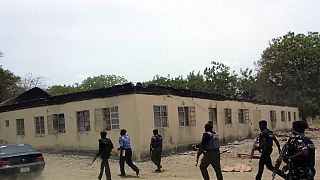

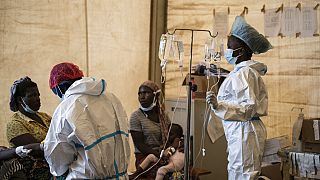
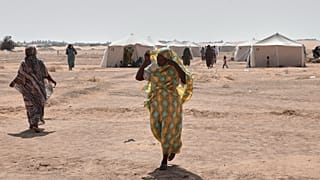
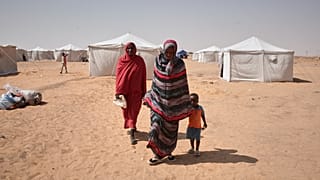
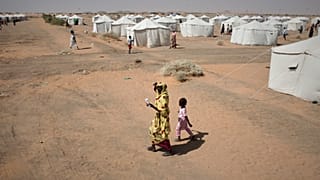
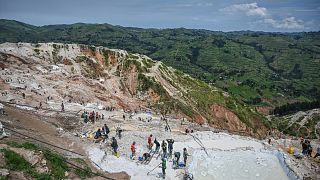

01:05
WFP decries atrocities in Sudan’s El-Fasher amid humanitarian crisis
01:10
South Sudan's president sacks vice president and potential successor
01:48
Sudan’s North Darfur faces humanitarian collapse as displacement soars
Go to video
Sudan relief operations are 'on the brink of collapse,' UN migration agency warns
01:11
Ongoing violence displaces thousands in Sudan after the fall of El Fasher
00:57
Sudanese drama 'Cotton Queen' wins top prize at Thessaloniki